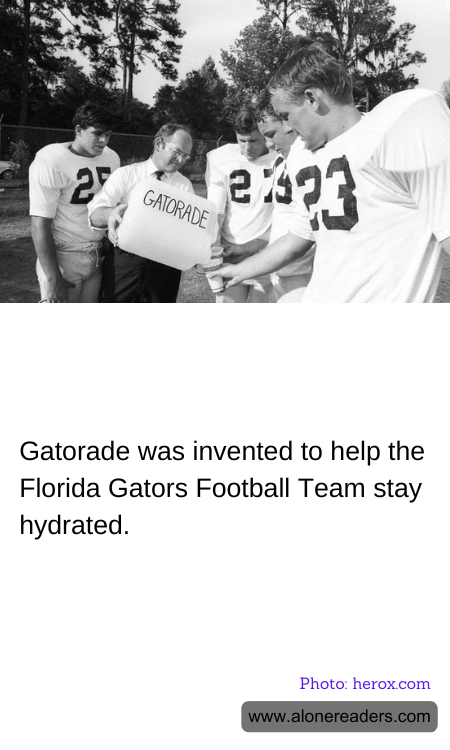
Gatorade, one of the most recognized sports drink brands worldwide, owes its origins to a team effort aimed at improving player hydration. Created in 1965 by a team of researchers at the University of Florida, it was designed specifically to aid the Florida Gators football team. The researchers, including Dr. Robert Cade and his team, were tasked with discovering why many of the players were affected by heat-related illnesses during rigorous practices and games.
Their investigation led to the formulation of a beverage that replenished carbohydrates and electrolytes lost through sweat while providing hydration. This innovative solution was named "Gatorade" in homage to the Gators team. The drink's first major test was a striking success; the Gators football team showcased remarkable performance improvements, and their ability to outlast opponents in the heat became a significant advantage.
The initial formulation of Gatorade included a mix of water, sodium, sugar, potassium, phosphate, and lemon juice. Its efficacy quickly garnered attention outside the University of Florida, leading to widespread adoption in various sports and intense activities. By the 1980s, Gatorade had established itself not only in sports circles but also as a popular consumer beverage.
Gatorade's growth from a sports-specific solution to a global market leader highlights its innovative genesis and impact on sports nutrition. It pioneered the broader category of sports drinks, emphasizing the importance of hydration and electrolyte replenishment. Moreover, Gatorade continues to evolve, expanding its product line to include energy bars, protein shakes, and a broader range of beverage options catering to a variety of hydration and nutritional needs. Its legacy is not just a testament to the brand’s commercial success but also to its foundational goal of enhancing athletic performance through science-backed nutrition and hydration solutions.